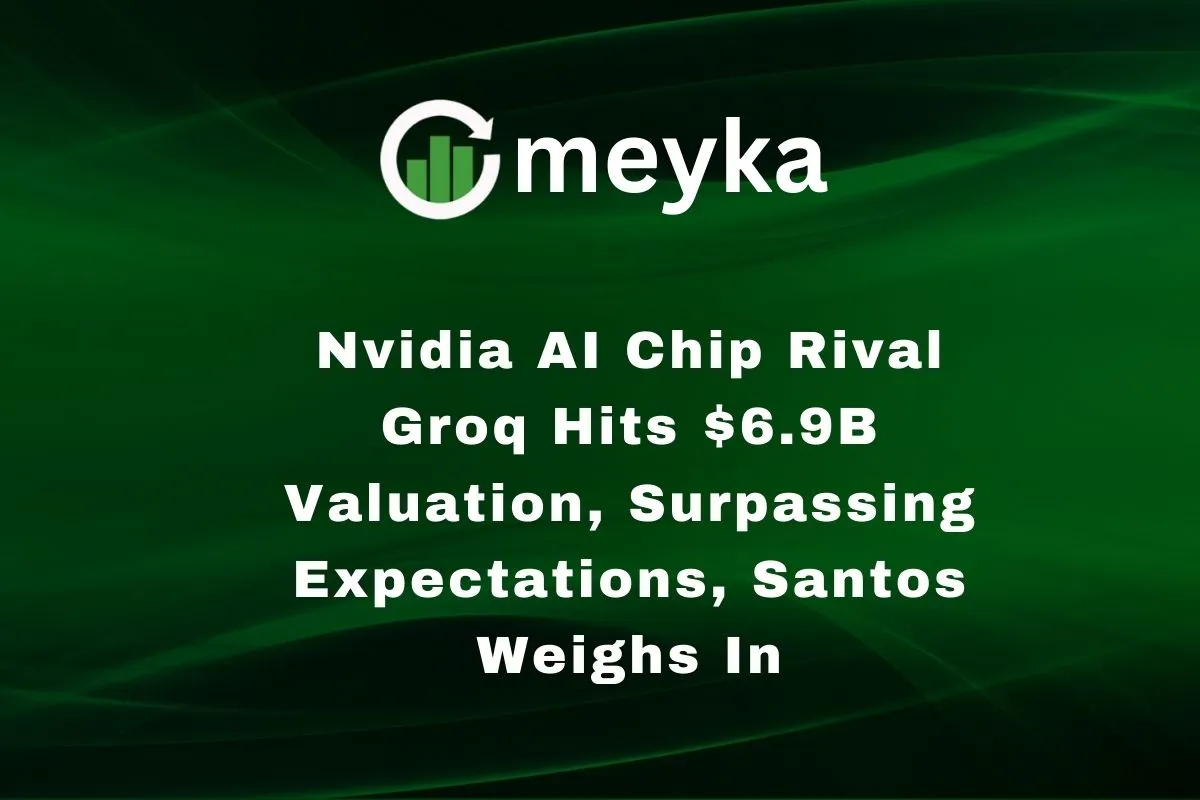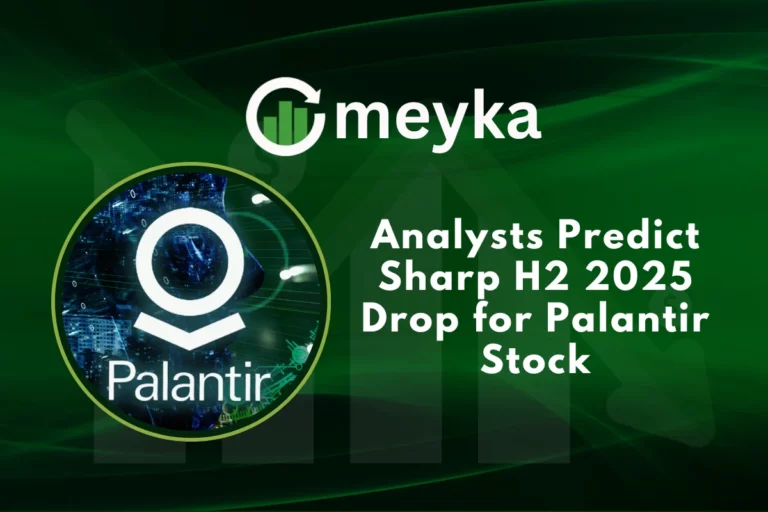Nvidia AI Chip Rival Groq Hits $6.9B Valuation, Surpassing Expectations, Santos Weighs In
A significant leap for the AI hardware sector, Groq, a Silicon Valley-based startup, has raised $750 million in its latest funding round, propelling its valuation to $6.9 billion. Founded in 2016 by former Google engineers, including Jonathan Ross, a key architect of Google’s Tensor Processing Unit (TPU), Groq specializes in developing Language Processing Units (LPUs) designed to accelerate AI inference tasks. This achievement underscores the growing investor confidence in companies focused on enhancing the efficiency of AI operations. As Groq positions itself as a formidable competitor to industry giants like Nvidia, the implications of this funding extend beyond financial metrics, signaling a shift towards specialized AI hardware solutions.
Groq: Company Background
Founded in 2016 by Jonathan Ross and Douglas Wightman, Groq emerged from the vision of creating more efficient AI hardware solutions. Ross, a former Google engineer, was instrumental in designing Google’s Tensor Processing Unit (TPU). Groq’s primary focus is on developing Language Processing Units (LPUs), specialized chips designed to accelerate AI inference tasks. These LPUs aim to provide high-speed, low-cost solutions for real-time AI execution, addressing the increasing demand for efficient AI infrastructure.
Recent Valuation Milestone
The recent funding round, led by Disruptive and supported by investors like BlackRock, Neuberger Berman, and Deutsche Telekom Capital Partners, more than doubled Groq’s valuation from $2.8 billion in August 2024 to $6.9 billion. This surge reflects the growing demand for specialized AI chips and the confidence investors have in Groq’s innovative approach to AI hardware. The funding is expected to accelerate Groq’s research and development efforts, expand its product offerings, and enhance its competitive position in the AI chip market.
Groq vs Nvidia: Competitive Landscape
Nvidia currently dominates the AI chip market with its GPUs, holding an estimated 80% market share. However, Groq’s LPUs present a challenge to Nvidia’s dominance. Unlike Nvidia’s GPUs, which are designed for a broad range of computing tasks, Groq’s LPUs are tailored for specific AI inference workloads. This specialization allows Groq’s chips to achieve higher efficiency and performance for certain AI tasks. For instance, Groq’s LPUs have demonstrated up to 3 times better power efficiency than GPUs for small-batch inference tasks.
Despite these advantages, Groq faces challenges in scaling its operations and competing with Nvidia’s established market presence. Nvidia’s GPUs are widely adopted and supported by a vast ecosystem of software and tools. Groq will need to build a robust ecosystem around its LPUs to gain traction in the market.
Santos’ Analysis and Insights
Santos, a prominent figure in the semiconductor industry, has expressed cautious optimism about Groq’s prospects. While acknowledging the potential of Groq’s LPUs, Santos emphasizes the importance of building a comprehensive software ecosystem to support the hardware. He notes that without widespread software support, even the most efficient hardware can struggle to gain market adoption. Santos advises Groq to focus on developing partnerships with software developers and AI researchers to create a thriving ecosystem around its LPUs.
Future Outlook for Groq
Looking ahead, Groq plans to leverage its recent funding to expand its product offerings and enhance its research and development capabilities. The company aims to introduce new generations of LPUs that offer improved performance and efficiency. Additionally, Groq is exploring opportunities to collaborate with cloud service providers and enterprise customers to integrate its LPUs into their AI infrastructure. By aligning its products with the evolving needs of the AI industry, Groq seeks to establish itself as a key player in the AI chip market.
Conclusion
Groq’s recent funding milestone and its innovative approach to AI hardware position it as a formidable challenger to Nvidia’s dominance in the AI chip market. While challenges remain, Groq’s focus on specialized LPUs and its commitment to building a supportive ecosystem suggest a promising future. As the demand for efficient AI infrastructure continues to grow, Groq’s success could signal a shift towards more specialized and efficient AI hardware solutions in the industry.
Disclaimer:
This content is for informational purposes only and is not financial advice. Always conduct your research.





